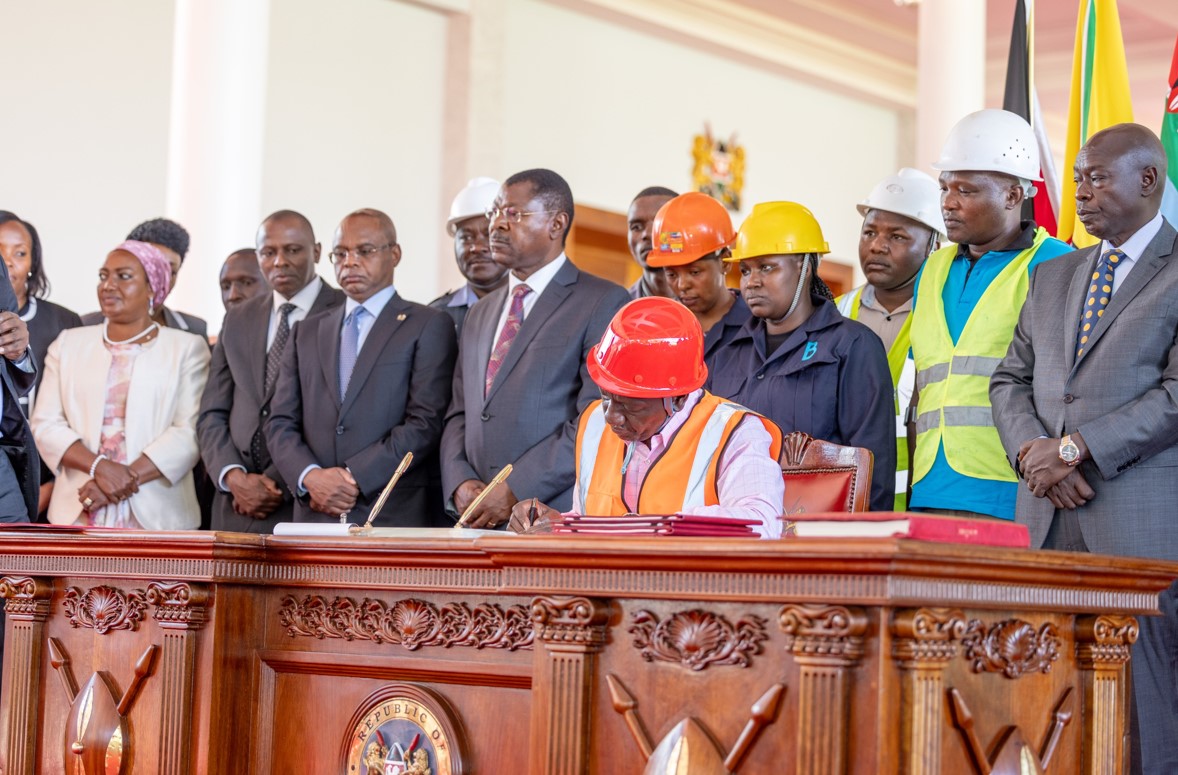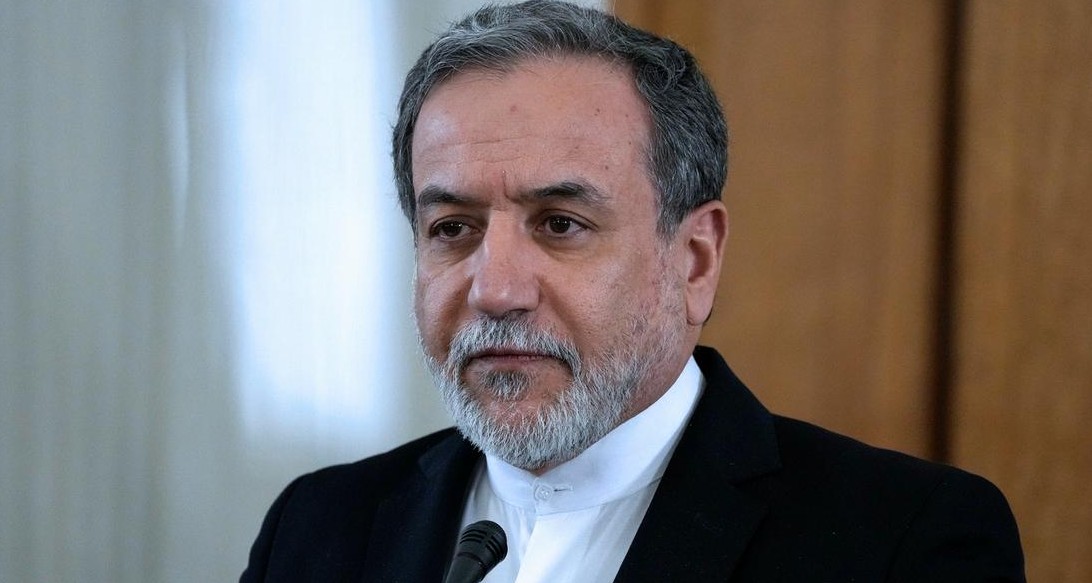Court declines to stop collection of housing levy

The Act that established the Affordable Housing Project was signed into law by President William Ruto in March of this year.
A three-judge bench has dismissed petitions filed by Nakuru medic Benjamin Magare Gikenyi and four others seeking to stop the implementation of the Affordable Housing Act 2024, pending a hearing of applications to declare the Act unconstitutional.
Justice Olga Sewe, John Chigiti, and Josephine Mongare, the applicants, did not put up a case to warrant the issuance of conservatory orders based on their applications filed on diverse dates in April and dismissed prayers for temporary suspension of the collection of house levies by the Kenya Revenue Authority (KRA).
The judges said applications lacked merit to warrant stoppage of the collection of the levies during the hearing and the determination of the constitutionality of the Act.
More To Read
- Government triples police and prisons housing budget to Sh3.5 billion
- Affordable housing drive boosted as housing receives Sh128.3 billion in 2025/26 budget
- Governors back Ruto’s plan to use housing levy for building markets, social infrastructure
- COTU denies role in drafting affordable housing regulations, demands proof from PS Hinga
- Government defends housing levy for markets amidst COTU misuse claims
- MPs raise alarm over missing Sh4.2 billion earned from housing levy investments
Their opinion was that it was the responsibility of the applicants to demonstrate the unconstitutionality of the Act they were challenging in order to justify restricting its implementation. However, the applicants failed to do so.
The Act that established the Affordable Housing Project was signed into law by President William Ruto in March of this year.
Other petitioners in the case were Shallum Nyakundi, Jamlick Orina, Philemon Nyakundi, and Pauline Kinyanjui.
 President William Ruto assents to the Affordable Housing Bill at State House, Nairobi on March 19, 2024.(Photo: PCS)
President William Ruto assents to the Affordable Housing Bill at State House, Nairobi on March 19, 2024.(Photo: PCS)
They argued that the Act essentially attempts to introduce communist ideologies, contrary to provisions in the Constitution.
"Kenya is not a communist state, and the constitution does not envisage it," they submitted, arguing that granting the temporary orders stopping the implementation would not negatively affect the government.
However, the government argued that stopping the implementation of the Act, which allows KRA to collect a levy of 1.5 per cent from the income of salaried Kenyans, would work against the public interests.
"Reversing the effects of the orders may prove to be challenging, granting the fact that contracts have been signed and infrastructure projects initiated," the government argued.
The judges thus ruled against the petitioners, saying, "Having considered these divergent positions and satisfied ourselves that the impugned statute enjoys the presumption of constitutionality, we are convinced that the public interests tilt in favour of not granting the orders but in prioritising these petitions for hearing and determination on their merit."
The judges said they are not persuaded that the applicants' petitions will be trivialised if the projects continue during the hearing.
They cited a decision of another court that ruled that granting orders (to stop the enactment of the Finance Act of 2023) at a time of peace amounted to interfering with the independence of parliament in its constitutional duty of legislation.
Top Stories Today












































